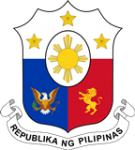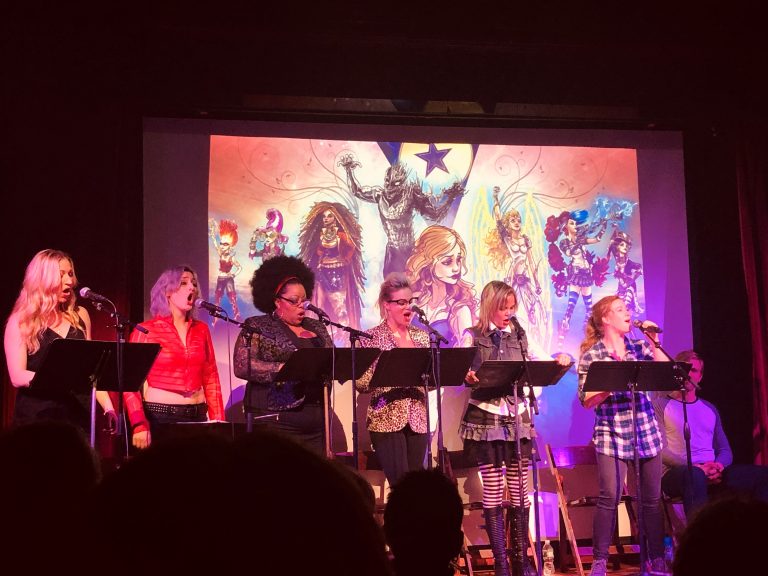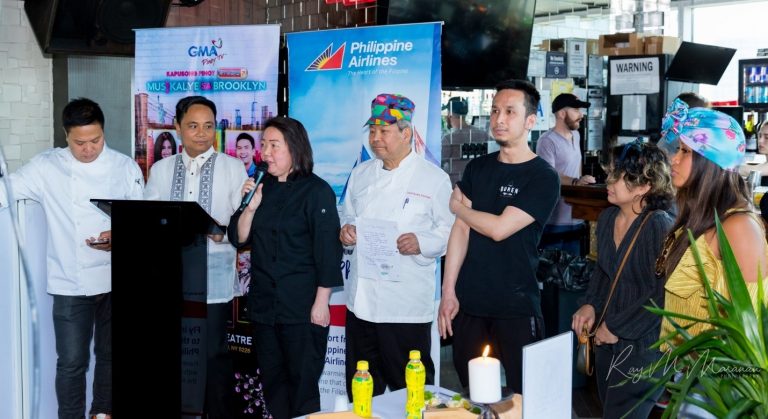Philadelphia Hosts Inaugural ‘HABI: Discovering Possibilities for Philippine Fibers’ Exhibit and Fireside Chat
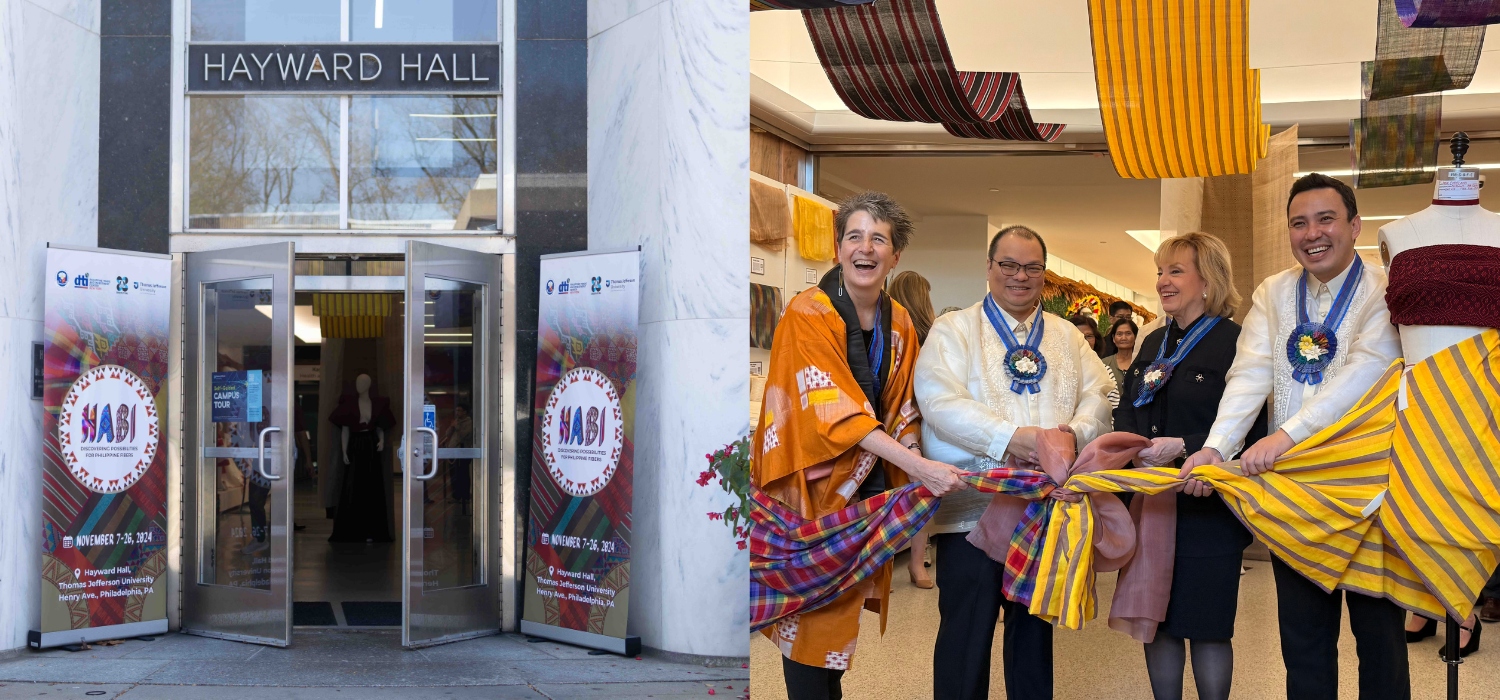
Philadelphia, PA, 07 November 2024 – The Philippine Consulate General in New York and the Philippine Trade and Investment Center – New York, in partnership with the Department of Science and Technology – Philippine Textile Research Institute (DOST-PTRI) and Thomas Jefferson University, inaugurated the HABI: Discovering Possibilities for Philippine Fibers exhibit at Thomas Jefferson University in Philadelphia. Supported by the Department of Trade and Industry, this exhibit highlights the distinct qualities of Philippine fibers such as abaca (Manila hemp), piña (pineapple fiber), and bamboo, showcasing their modern applications across fashion, design, and industry.
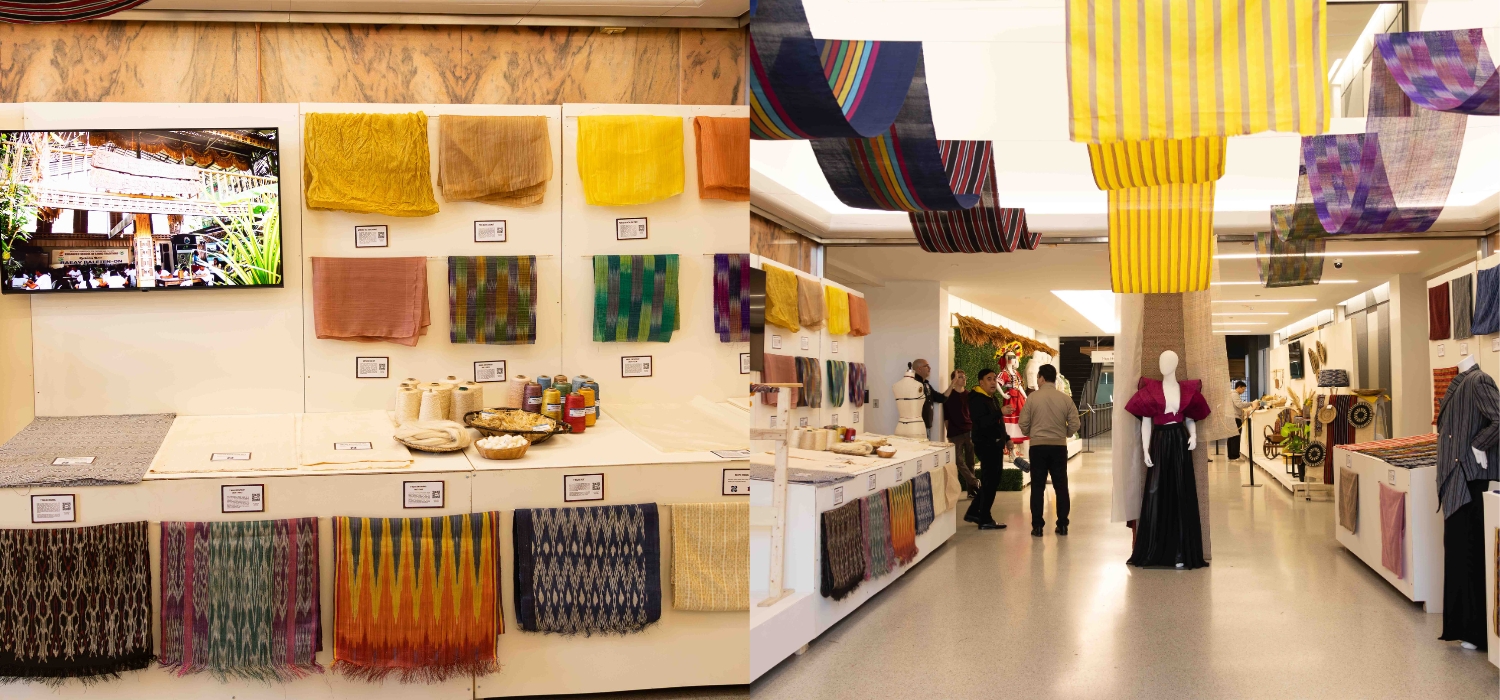
The opening event was attended by the leadership of Thomas Jefferson University, including President Dr. Susan C. Aldridge, Provost Dr. Matt D. Baker, Senior Vice President Dr. Jeff Cromarty, and Kanbar College Dean Dr. Ron Kander. Faculty members, students, and the local Filipino community also joined in the celebration.
The exhibit also features handwoven fabrics crafted by Indigenous communities and local artisans from diverse Philippine regions, including T’nalak, Piña seda, Kantarines, Pinilian, Kankanaey, Hablon, and Pigi textiles. Preserved largely through women-led micro and small enterprises, these weaves celebrate cultural diversity, resilience, and the entrepreneurial spirit of Filipino weaving communities. Each display is enhanced with QR codes, allowing attendees to explore the origins and cultural significance of each textile’s province of origin.
In his remarks, Consul General Senen T. Mangalile reflected, “The HABI exhibit invites us to weave together our past with our future, recognizing the power of each individual thread in forming a cohesive whole. This exhibit is not just about textiles; it embodies the essence of Filipino culture—what it can share beyond our shores and how it inspires artists and designers across borders. Each fiber, each weave, tells a story of heritage, resilience, and innovation, showing us the vast possibilities that Philippine fibers hold for a global audience.”
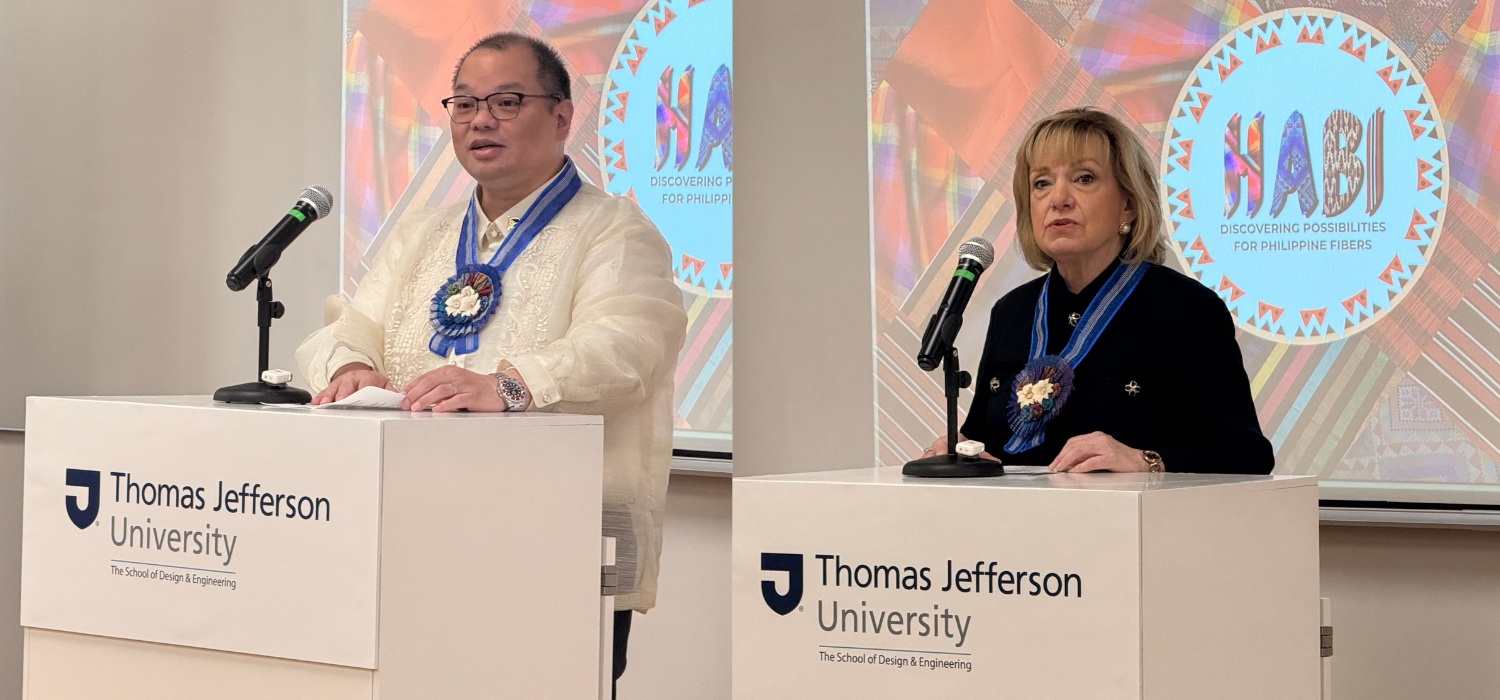
Dr. Susan C. Aldridge, President of Thomas Jefferson University, expressed excitement about the potential for future collaborations. “We look forward to future opportunities for our faculty and students to engage in collaborative research projects in the Philippines. We envision scholarships, joint projects in textiles, fashion, and sustainability, as well as opportunities for faculty exchanges. This partnership opens a bright future for us all,” she stated.
Following the opening, a Fireside Chat, supported by the National Commission for Culture and the Arts (NCCA) and the Office of Senator Loren B. Legarda, invited deeper dialogue on Philippine textiles. Moderated by Professor Marcia Weiss, Interim Dean of the Thomas Jefferson University School of Design and Engineering, the panel covered themes of cultural preservation, sustainable practices, and the potential for Philippine textiles in global markets. The panel included Trade Commissioner Benedict M. Uy, DOST-PTRI Director Julius L. Leaño Jr., Officer-in-Charge and Executive Director Evelyn B. Cagasan of the Department of Agriculture – Philippine Fiber Industry Development Authority, Curator and Cultural Critic Marian Pastor Roces, and Maison Métisse Founder and Creative Director Adrienne Charuel. Panelists emphasized the balance between preserving traditional techniques and adopting innovation to expand the global reach of Philippine textiles.

The HABI: Discovering Possibilities for Philippine Fibers exhibit underscores the Philippines’ rich cultural heritage and the immense potential of its fibers in the global marketplace. It celebrates Filipino artistry and innovation, and lays the groundwork for future cross-cultural connections and collaborative opportunities.
The exhibit is open to the public until 26 November 2024 at Hayward Hall, Thomas Jefferson University. END
